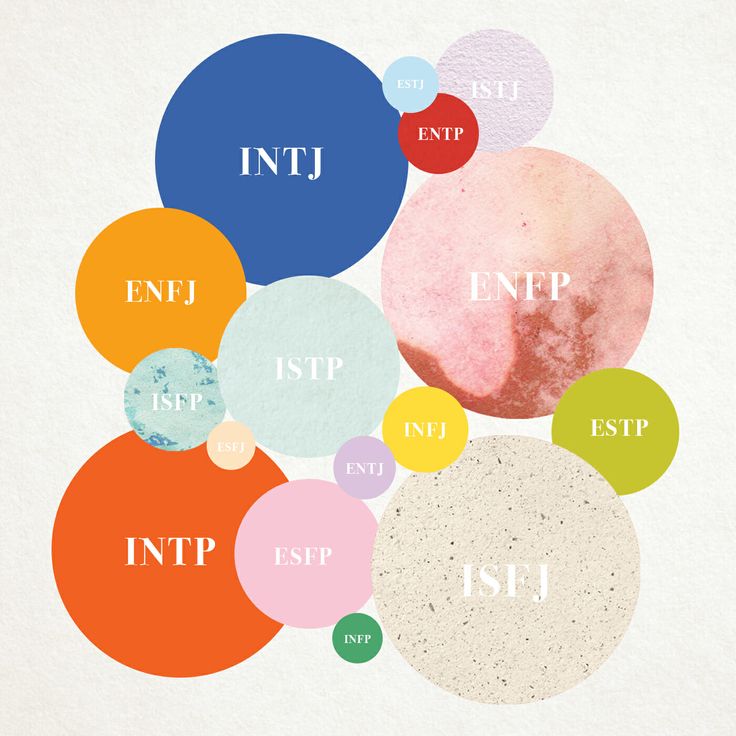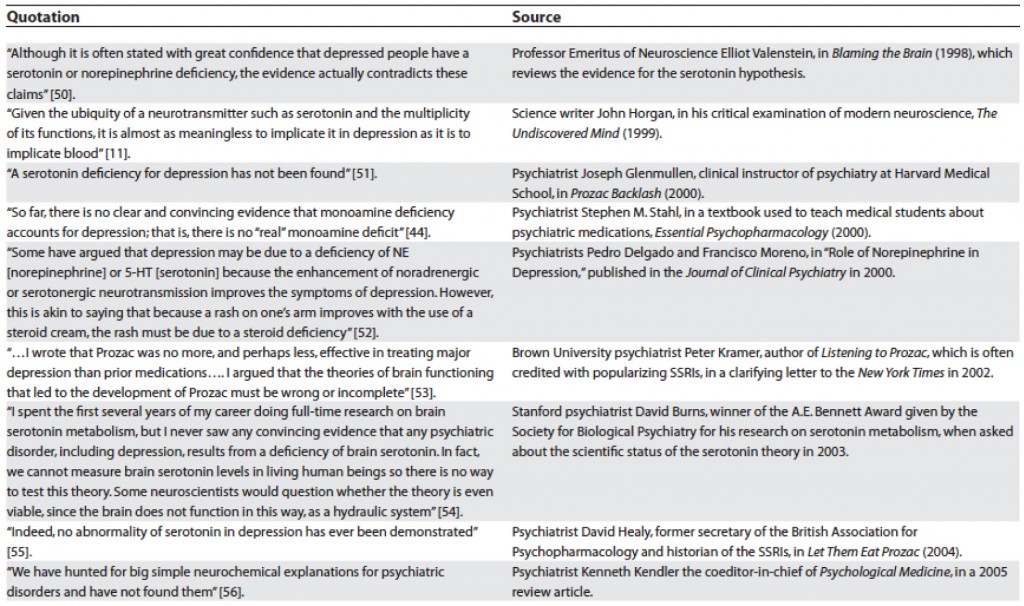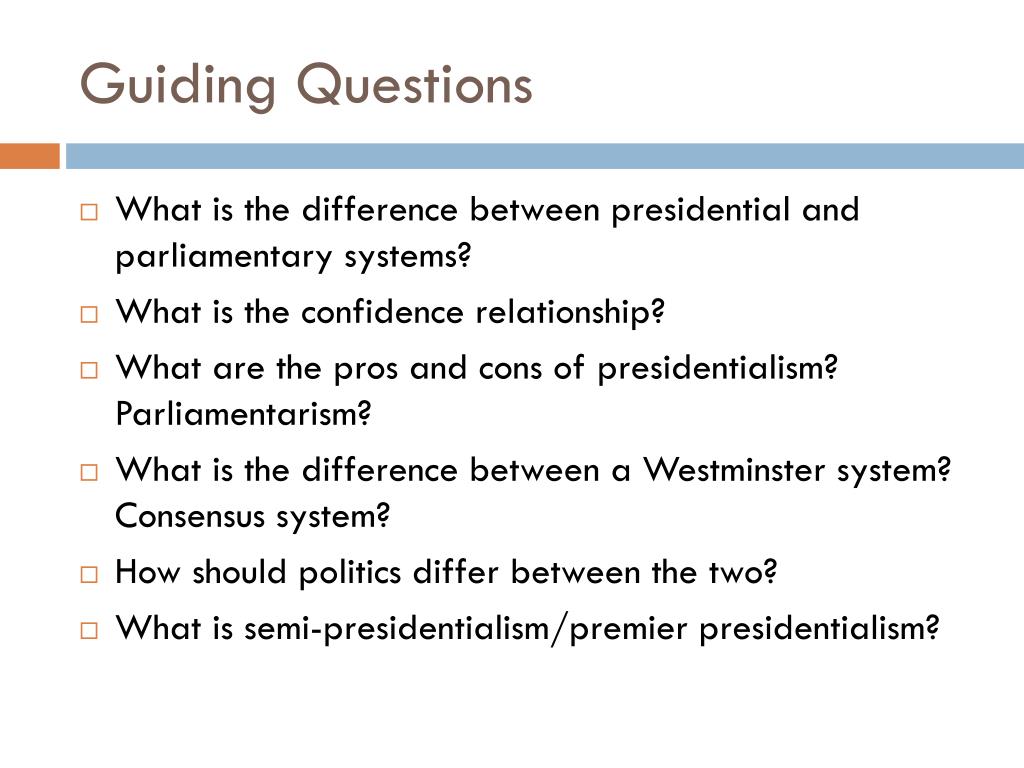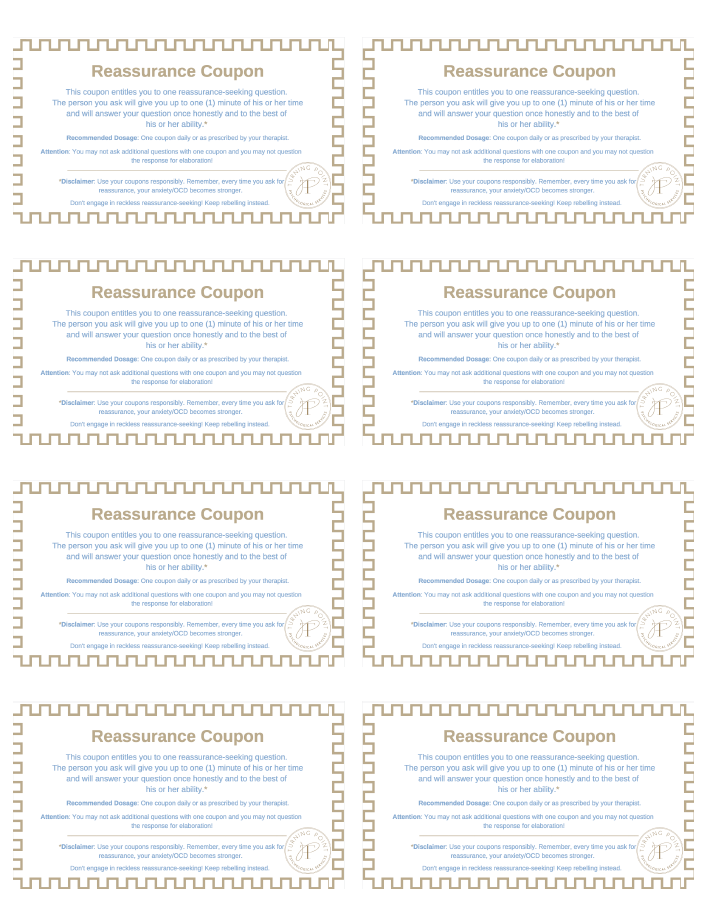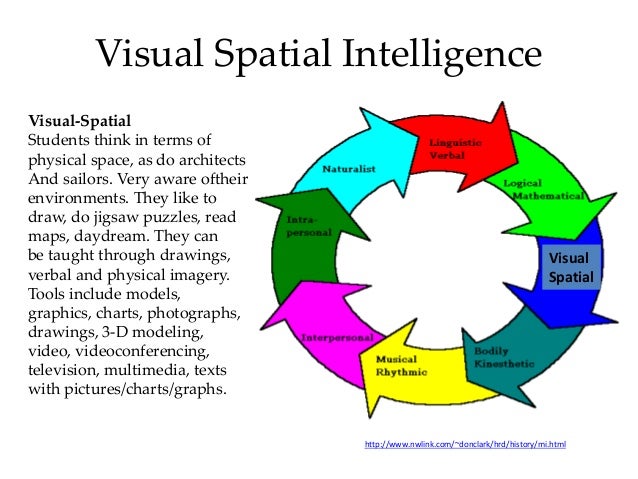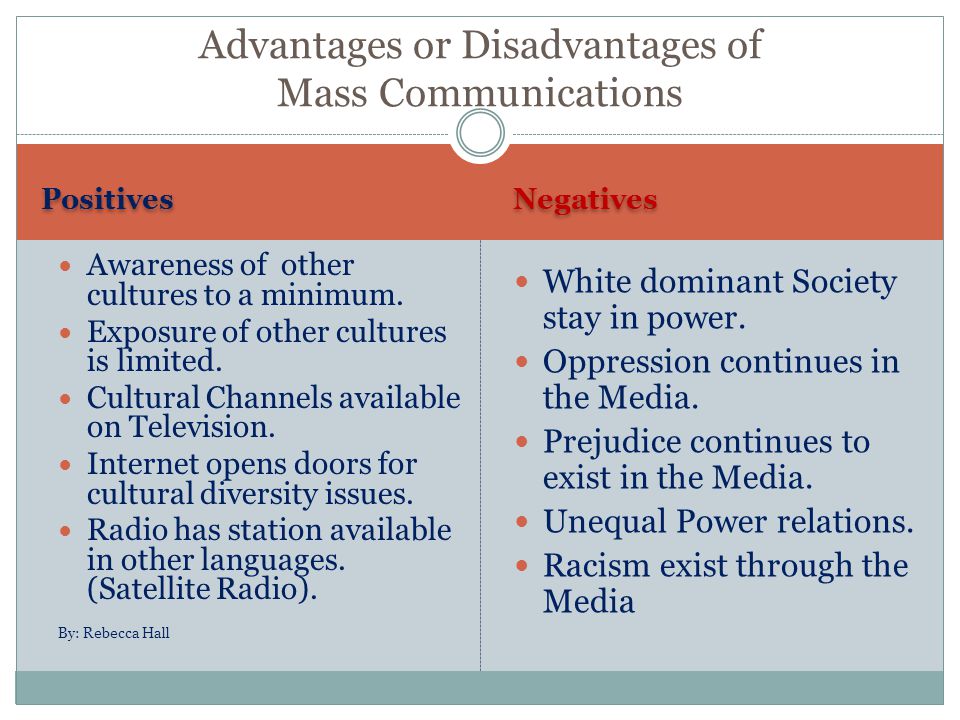Enfj vs entj
ENFJ vs ENTJ | Compare Personality Types
ENFJ The ENFJ is the harmonious people champion, warm, caring and extremely organised. The ENFJ will be the one people turn to for help. They are authentic, insightful and great at tuning in to how others are feeling and making people feel truly special. They are found at the emotional heart of a group, selfless, acting as the glue, an unusual combination of bossy and caring.
ENTJ The ENTJ is the master of change, the big picture conceptualist who loves the new and the challenging who devise the long range plan then relentlessly drive it towards conclusion. Confident and authoritative the ENTJ will take the lead rarely hesitating and with a directness that can often leave others reeling in their wake having no time for anything seen as woolly or obstructive.
We all bring something different to the team and we all agree that difference and balance are good things. However when someone is different from us we might not understand them so well so in this section we allow you to compare the differences at work, how these might manifest themselves and how best to manage them.
Contribution to the team
ENFJ ENFJs will bring structure and impetus whilst at the same making sure the needs of all the people are taken care of. Often at the flipchart they capture ideas giving everyone the chance to contribute.
Contribution to the team
ENTJ The ENTJ is the leader: impatient, driven and with a strong desire to agree the strategy then drive relentlessly for closure. They will be superb at preventing complacency and giving pace to the team.
Leading
ENFJ The ENFJ will assume the leadership role simply because they want to drive for closure and ensure that people are happy.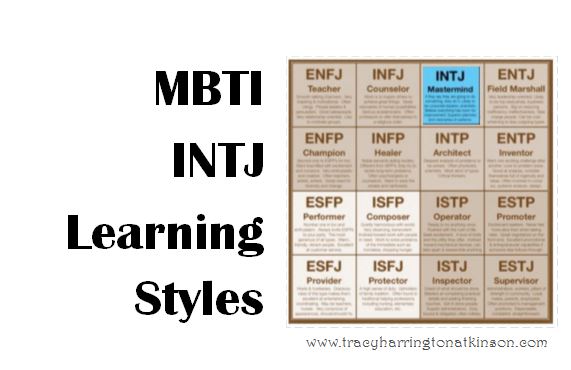 They need to satiate their need for action and their passion for people.
They need to satiate their need for action and their passion for people.
Leading
ENTJ If the ENTJ is not the elected leader they will still assume leadership, as their nature is to change things and make it happen now. At the centre of what’s happening and will relentlessly ensure a focus on goals.
Being managed
ENFJ Naturally service-driven the ENFJ really does care and will want to apply this energy to tangible outputs, preferably that will help people. They need clarity, real meaning, a worthwhile output and closure.
Being managed
ENTJ Managing an ENTJ is about providing the right conditions to let them lead, whether people or a project or a task, to allow them the authority to do and occasionally pull them back to ensure people are with them.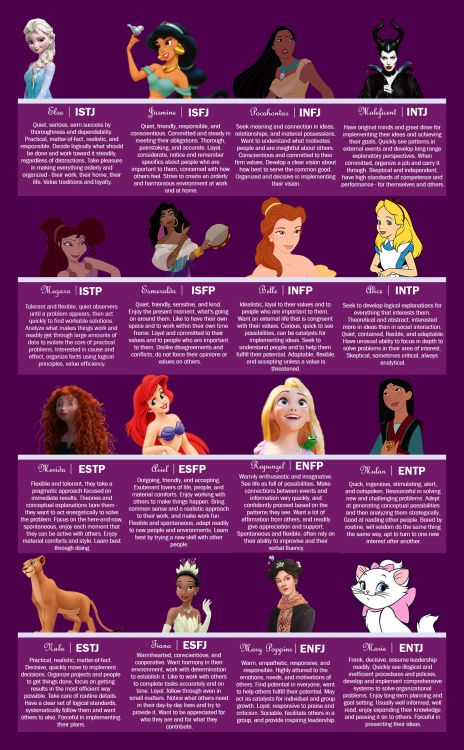
Attention to detail / focus
ENFJ The ENFJ loves a plan, a clear picture of where they are going and they will work diligently towards the goal. Indeed the ENFJ will feel less comfortable with too many options open, as they need closure.
Attention to detail / focus
ENTJ The ENTJ loves a goal, something to run at and they will excel at making sure other people are just as enthused and understand the need to get on and drive for closure. They will focus the team clearly and often.
Creativity
ENFJ ENFJs focus on the organisational and people aspects and so are not primarily creative preferring to work on making sure that what has been agreed is properly planned and that people are happy.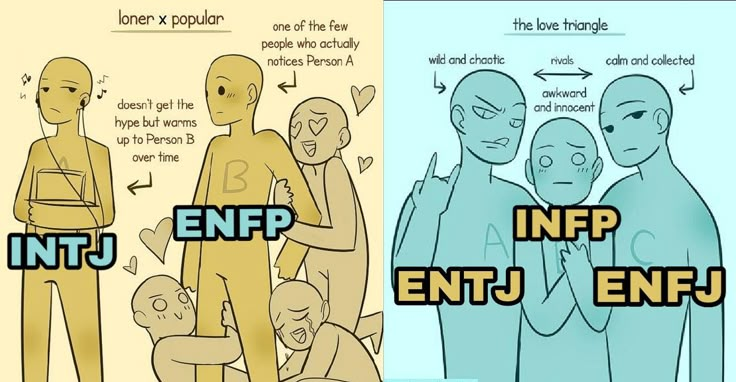
Creativity
ENTJ The ENTJ loves the complex and the big picture. They strategise and consider but once they are clear it is all about getting to the end as quickly as possible and when the plan is agreed - no more thinking.
Some people seek harmony, some see conflict as simply robust discussions, some people are emotional, some more factual. So there is no right or wrong about this and what we are trying to do is help two different people each understand how the other might deal with conflict and what it will mean for how they work together.
Initial response to conflict situations
ENFJ The twin attributes of insightful caring and organisational ability will mean the ENFJ will see all the interconnections between people, pick up on the cues and work tirelessly to help solve people issues.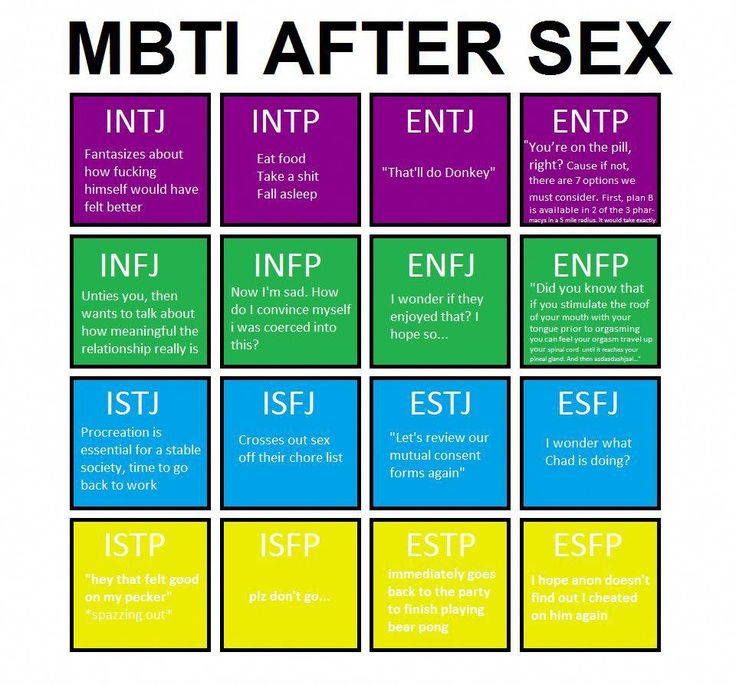
Initial response to conflict situations
ENTJ The ENTJ likes conflict as a means to discuss and inform and get things done. They enjoy a good argument and will be robust and strident in their views and will forget conflict as quickly as they enter into it.
Issues they'll fight on
ENFJ The ENFJ is an enthusiastic champion of people who wants to make sure the needs of the people are and taken care of. Excellent networkers who tune into people and popular among their colleagues.
Issues they'll fight on
ENTJ The ENTJ does not like anything preventing progress and they will make their views known on that directly and clearly. Their whole purpose is to make change happen and they do not like a slow pace.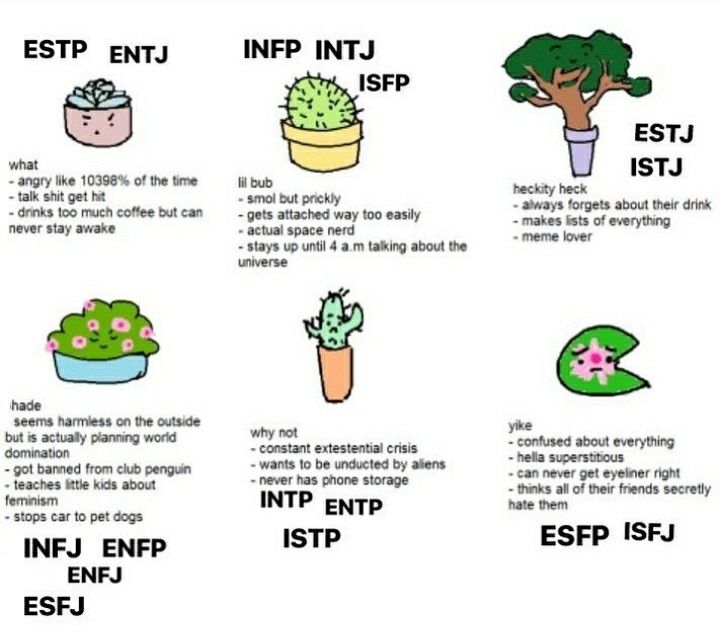
Conflict style / communication
ENFJ Articulate and confident the ENFJ will be persuasive and tenacious; the one voted the leader or committee chairperson. Everyone knows they can depend on the ENFJ who will fight the cause of the people.
Conflict style / communication
ENTJ The ENTJ is extremely direct, at times bone-jarringly so and they may therefore not pick up on sensitivities, especially around the fact that other people may not enjoy conflict and some may even fear it.
How they feel after
ENFJ The ENFJ may bite off more that they can chew, as their first priority is to say ‘yes’ and take the pain away for others. During such times they may feel weighed down, overwhelmed and underappreciated.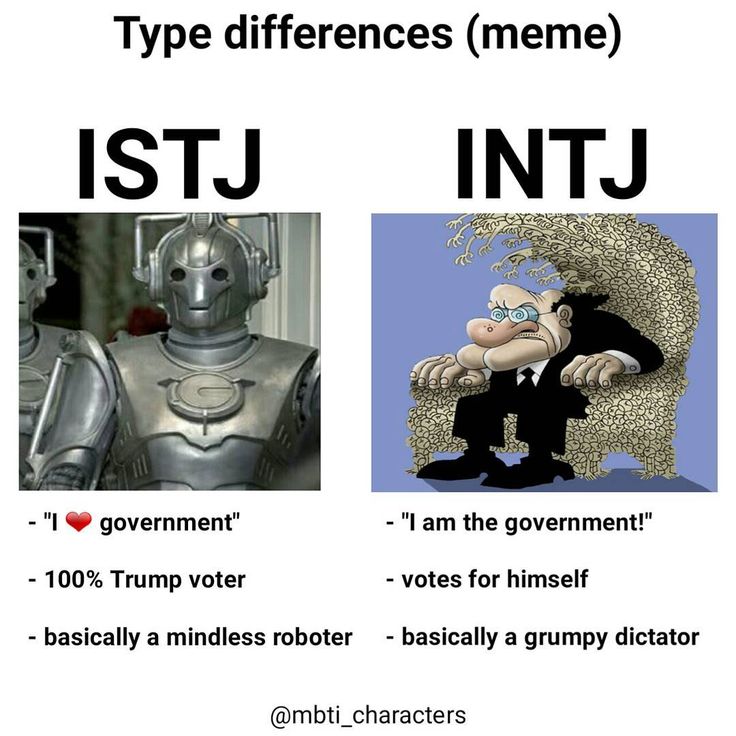
How they feel after
ENTJ The ENTJ will often think they have had a gentle discussion whilst the other person feels they have been in battle. Arguments are the way of getting clarity to the ENTJ and once it’s over, it is completely forgotten.
We all have different motivators, values and views on the world, in part driven by our personalities. The section below describes how each person is likely to engage with others, and how others may see them.
Being around them
ENFJ The ENFJ is empathetic and insightful, seeing and making connections between people. Action-oriented, and people-centred they make sure that everything is planned, scheduled, organised and people are happy.
Being around them
ENTJ The ENTJ will be assertive, energetic and will love a robust debate, as this is their method of conversation.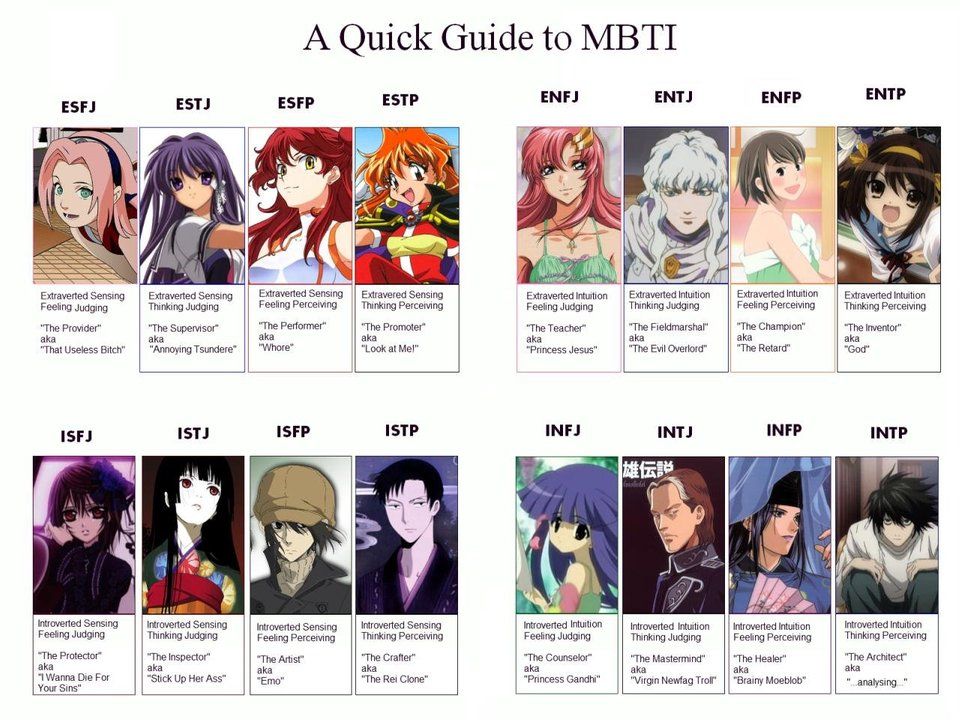 Because they are so confident and outspoken they may inadvertently upset people with their directness.
Because they are so confident and outspoken they may inadvertently upset people with their directness.
Dealing with emotions
ENFJ ENFJs are emotional but tend to focus on other people, tuning in and bringing incredible empathy and organisational ability to bear. This means they can get ‘emotioned out’ themselves as they give so much.
Dealing with emotions
ENTJ The ENTJ doesn’t really understand emotions, preferring to deal with issues as problems, or concepts and certainly trying to appeal to their emotional side will not be the best way to resolve issues.
Openness and sharing feelings
ENFJ Whilst the ENFJ will encourage trust and openness they may not be so open about how they are feeling, indeed they may not really think about that so focused are they on caring for, and organising others.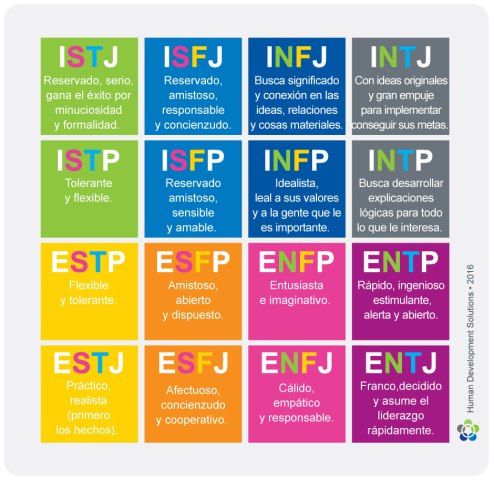
Openness and sharing feelings
ENTJ The ENTJ shares their thoughts easily but is not really an emotional person. They are open and assertive and everyone will be clear where they stand but this will probably remain at a cerebral level.
Drivers and values
ENFJ ENFJs tune into others. They have thin psychological boundaries, and are at risk of being hurt or by those who are less sensitive, often taking on more of the burdens of others than they can bear.
Drivers and values
ENTJ As an ENTJ is primarily concerned with making things happen they may not realise that other people may take a little longer to understand or may not be as forthcoming or direct and assume silence is agreement.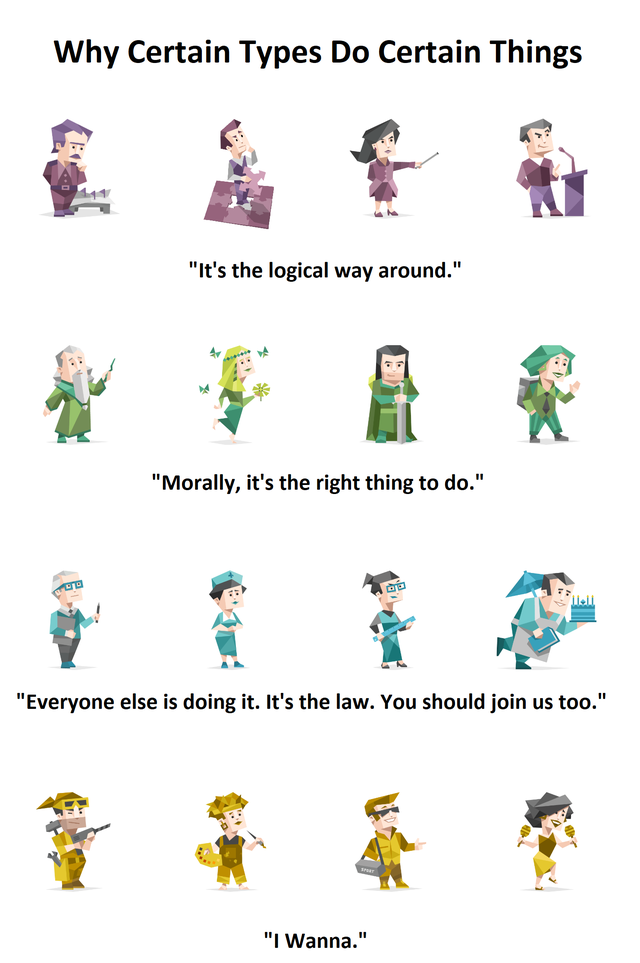
How to Tell if You’re an ENFJ vs ENTJ | So Syncd
If you’re reading this post, there’s a high chance that you’re trying to work out if you’re an ENFJ vs ENTJ personality type. These two types are often confused because they share many of the same characteristics. Both types are ambitious, charismatic, and innovative. They are deep thinkers who have a natural ability to think outside the box.
But there are also some core differences between how these types think and experience the world. In this post, we explore these key differences. If you’re unclear about your type, we hope this helps you.
So here are five differences between the ENFJ vs ENTJ personality types:
1. Dealing with emotions.ENFJs and ENTJs deal with feelings in very different ways. For starters, ENFJs tend to be more comfortable dealing with the irrational nature of emotions than ENTJs.
In addition, ENFJs tend to focus on other people’s emotions.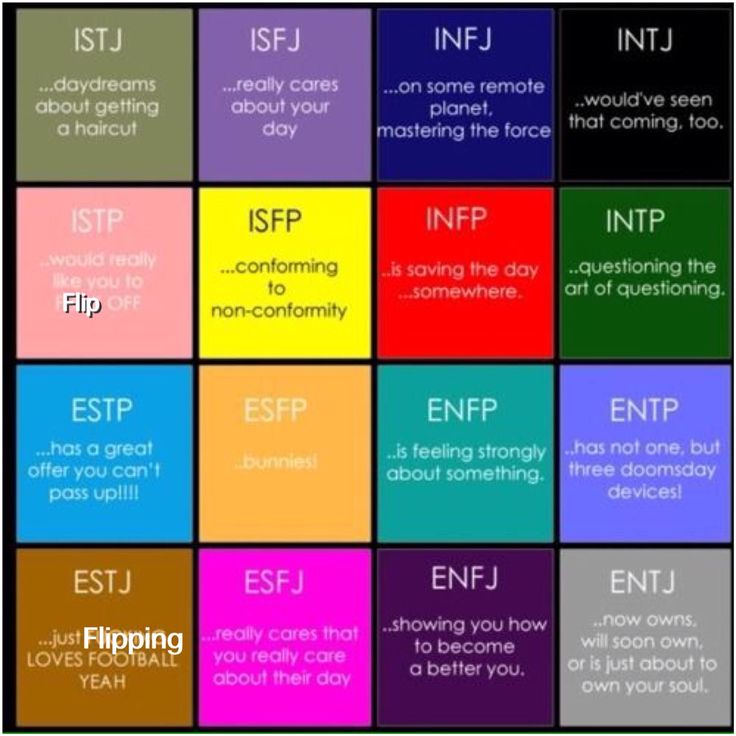 They innately absorb the feelings of others in real time. This means that they are highly empathetic and they truly feel other people’s emotions as if they are their own.
They innately absorb the feelings of others in real time. This means that they are highly empathetic and they truly feel other people’s emotions as if they are their own.
It can happen with anyone or anything. It could be a close family member, someone they are sitting next to on the train, or an animal in a book.
When they are around happy people, they naturally take on similar emotions, and the same goes for other scenarios such as when those around them are sad.
However, ENFJs can struggle to understand their own emotions to the same degree.
On the other hand, ENTJs can find it harder to understand both other people’s emotions and their own. This is because they are so logical.
While ENTJs do feel things deeply, they often try to rationalize their emotions. This is because they can find it hard to accept anything that doesn’t have a logical explanation.
Seeing as emotions often don’t have an entirely rational origin, ENTJs can find them confusing or even overwhelming.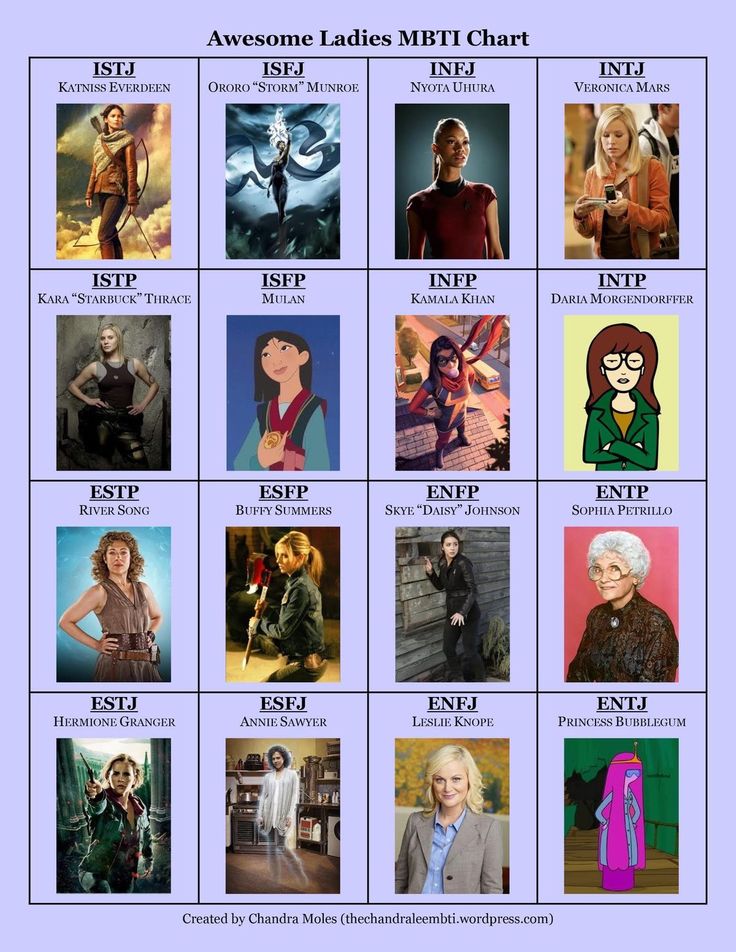 ENTJs are most comfortable when dealing with facts and linear reasoning.
ENTJs are most comfortable when dealing with facts and linear reasoning.
For example, knowing that they will lose 1kg if they have a 7,700-calorie deficit is comforting to an ENTJ. In order to accept something, they like it to have evidence, but this just isn’t possible when it comes to emotions. The same goes for ENTJs dealing with the emotions of other people for similar reasons.
2. Making decisions.ENFJs and ENTJs focus on different criteria when making decisions. When deciding on the right path, ENFJs prioritize emotions while ENTJs place more of an emphasis on logic.
ENFJs primarily base their decisions on how they will affect others. They want to create win-win scenarios and avoid hurting anyone’s feelings. Of course, this isn’t always possible and when they do have to take actions that involve hurting other people, it deeply affects them.
ENFJs are often the peacemakers in their families or social groups. They will try to see both sides of every issue and find a resolution that works for everyone.
When making decisions, ENFJs ask: “How does this impact the group?” Ultimately, they are always looking to create harmony with the outer world.
ENTJs use deductive logic to make decisions. This means they start at the facts, then go to the theory and then return to the facts.
Essentially, ENTJs use logic that is based on what is verifiable in the outside world. They tend to focus on the end result they are looking to achieve and work backward from there in order to decide on the best decision to get to that point.
When making decisions, ENTJs ask: “Does this make sense based on facts?” They are always thinking about what is the most rational and efficient path.
3. Sociability.As extroverts, ENFJs and ENTJs focus on the outer world. Both types enjoy spending time with people but ENFJs tend to be more sociable.
ENFJs are one of the most people-oriented personality types. They have a strong need for deep connections and they won’t be able to feel fulfilled without them.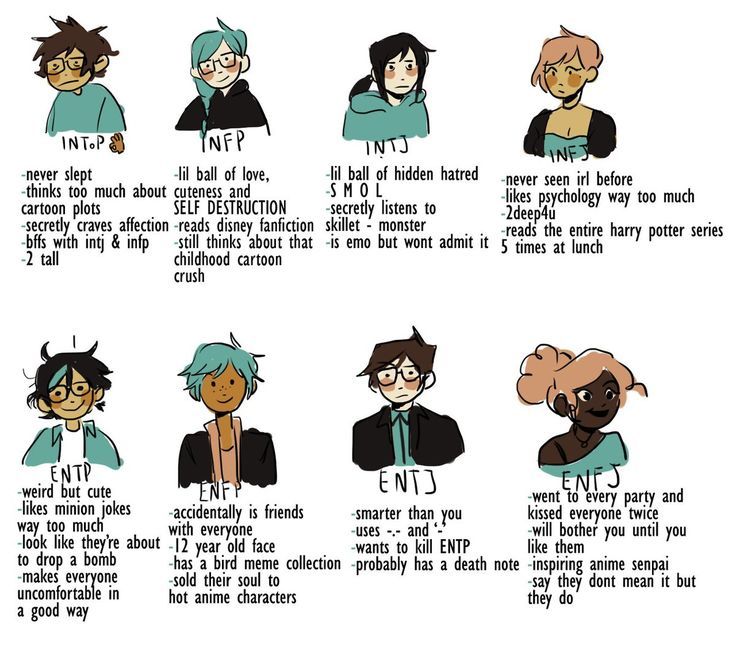
This need for connection motivates ENFJs to be more sociable than ENTJs. However, they enjoy group get-togethers as well as one-on-one interactions. They tend to be comfortable talking to everyone from strangers to close friends. ENFJs tend to be open and welcoming.
ENTJs, on the other hand, are content with fewer close relationships. They would rather have a handful of intimate relationships than a large circle of friends.
However, they are often very good networkers which means they often end up with many acquaintances. ENTJs are independent and self-sufficient and they’re perfectly happy doing activities by themselves at times.
In addition, ENTJs are more skeptical than ENFJs and can be wary of people having ulterior motives. This means that they tend to be more guarded and can struggle to open up to others.
4. Communication style.ENTJs and ENFJs are outspoken and quick thinkers. However, ENTJs are much more direct in the way they communicate while ENFJs consciously think about how their words will impact others.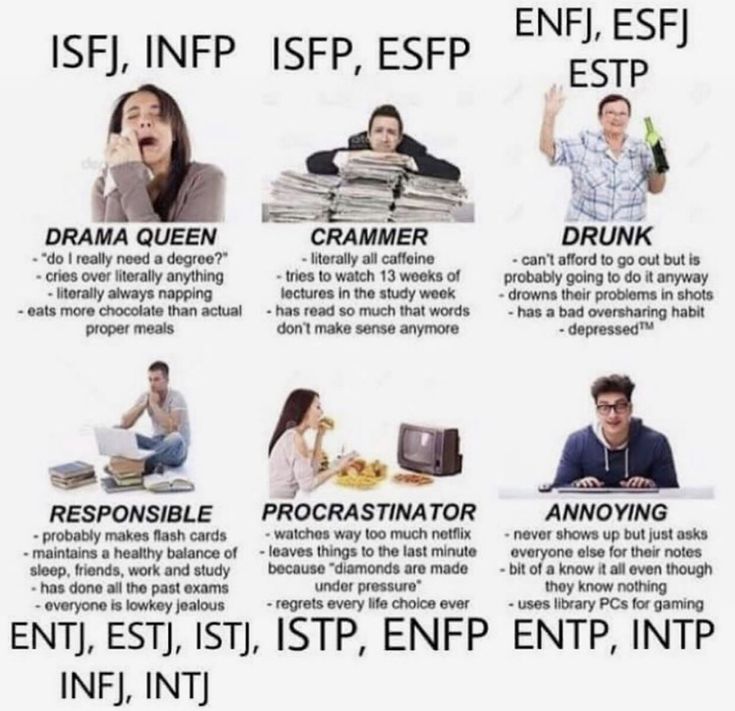
ENFJs are warm in the way they communicate. It’s common for people of this type to ask a lot of questions because they are deeply curious about people and they are incredible listeners.
ENFJs are more likely to be expressive and emotional in their communication style. They may use anecdotes and personal stories to help explain their points whereas ENTJs are more likely to use facts.
Both types are extremely private about their feelings but ENFJs are more likely to be open about their emotions.
In addition, ENFJs are very good with words and are often very persuasive. This is because they know exactly what makes people tick.
ENFJs are exceptionally thoughtful and they tend to filter what they say through a lens of how their words will impact others. They are mindful to consider their audience’s life experiences and perspectives.
ENTJs are straightforward and detached when they communicate. Seeing as they focus heavily on facts, they see the world as relatively black and white.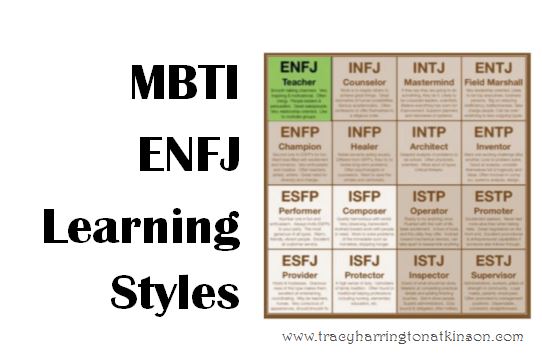
This means they are clear about what they think and, in turn, what they say. ENTJs often look for one answer based on facts.
Additionally, they like to get to the point when they communicate because they are so focused on efficiency. This also means that they can feel like it’s a waste of time going back and forth discussing different points of view.
Ultimately, ENTJs can find it frustrating when people don’t get to the point and they tend to be articulate. They can struggle when it comes to verbalizing their emotions.
5. Showing love.ENFJs and ENTJs take different approaches with regard to how they show love. In general, ENFJs are more open about showing someone they care.
ENFJs are always looking for ways to help their loved ones, and they feel happiest when they are able to do so. They are naturally aware of the needs of others, and they try to meet those needs in whatever way they can.
As a result, ENFJs make a conscious effort to let people close to them know that they are loved.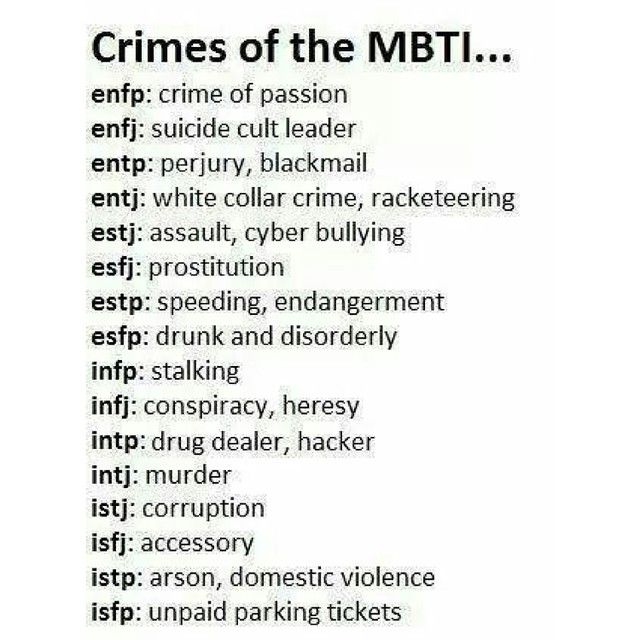 They often do this in many ways, depending on what they think that person needs at that specific time.
They often do this in many ways, depending on what they think that person needs at that specific time.
You won’t be left wondering whether an ENFJ cares about you or not. They will make it known.
ENTJs, on the other hand, aren’t as naturally inclined to show their love and care in such overt ways. For ENTJs, actions speak louder than words, and they often express their love through thoughtful gestures.
This doesn’t mean that ENTJs don’t care about their loved ones, it’s just that they tend to express it in different ways.
However, they can come across as cold at times, and this tends to be unintentional. ENTJs are naturally so logical and efficient that they sometimes forget to show their softer side, especially if they are feeling tired or stressed.
ENFJ vs ENTJ frequently asked questionsSo now we have explained the key differences between the ENFJ vs ENTJ personality types. Even for those who have explored personality types in depth, it can still be hard to tell the difference between these two types.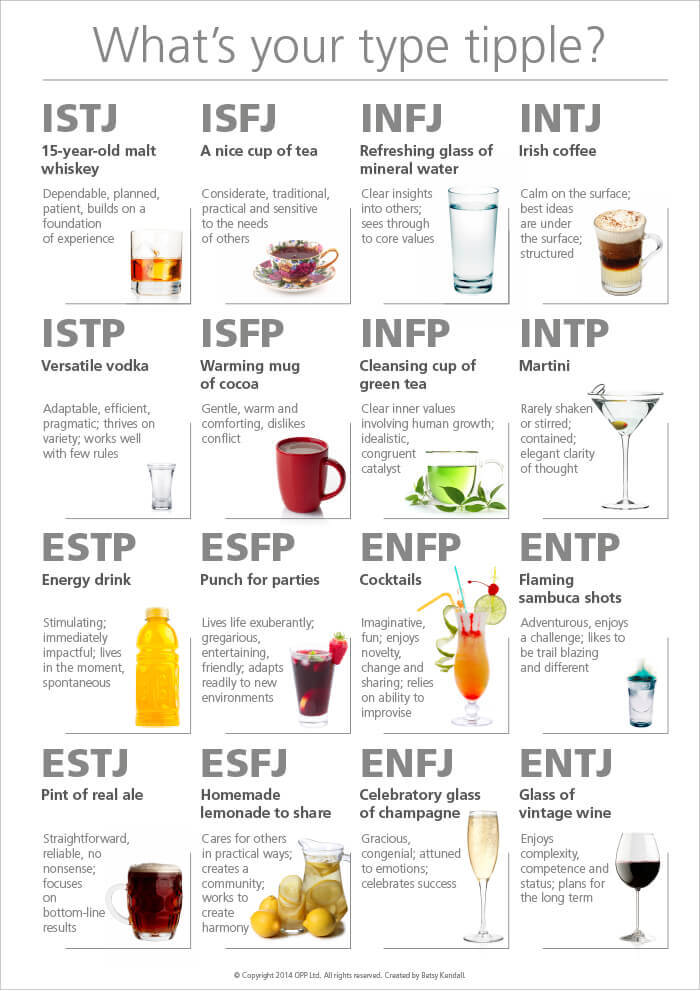
Let’s now look at some frequently asked questions about each personality to help make it clearer for you.
Are ENFJs vs ENTJs more creative?ENTJs and ENFJs are both highly imaginative. However, their creativity often manifests in slightly different ways.
For starters, ENFJs are usually more in touch with their feelings and emotions, which can give them a greater understanding of the human condition. They are also often gifted with strong storytelling abilities and tend to have a greater need for self-expression.
ENTJs often pair their creativity with their highly analytical and logical nature. This can help them to see problems from innovative perspectives and come up with novel solutions. They are the kind of people who run companies and come up with new processes to make everything more efficient.
In the end, both ENTJs and ENFJs have the potential to be highly creative individuals. It’s just that they show their creativity in different situations.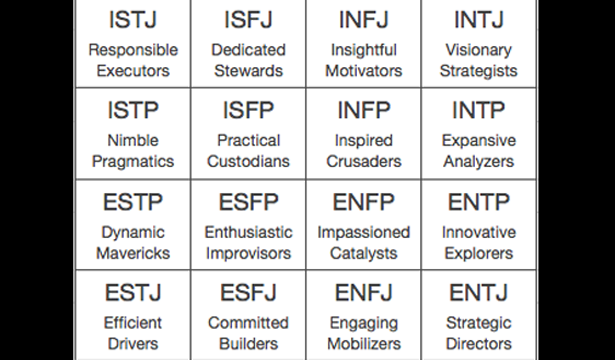
There is a misconception that ENFJs are people-pleasers and ENTJs are selfish. Of course, as with any type, there are people out there of these types who display those characteristics. But healthy ENFJs have strong boundaries and healthy ENTJs care about other people’s needs.
Healthy ENFJs are able to find a balance between making sure people around them are happy and looking after their own needs. It’s true that they’re naturally more aware of other people. But healthy ENFJs are able to access different aspects of their personality to work out when it’s time to shift the focus to themselves.
Healthy ENTJs are not innately selfish. Yes, they are direct and they know what they want, but they also have a compassionate side. While they aren’t typically warm, they are often extremely generous. ENTJs are more likely to make decisions based on logic and this can be viewed as selfish by some people but they see it as choosing the path that makes the most sense.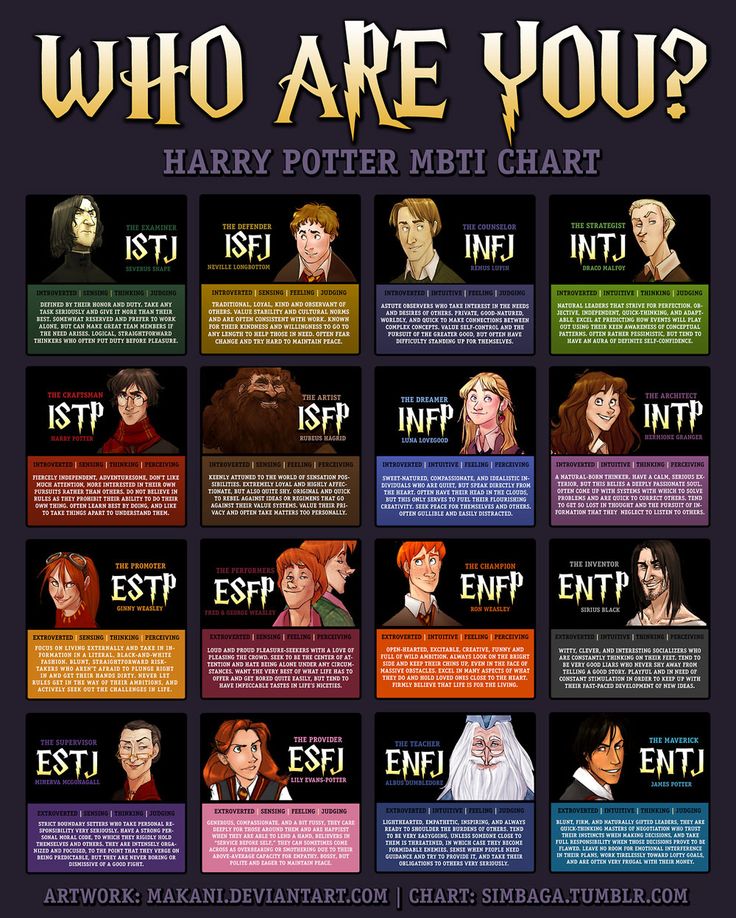
Both ENTJs and ENFJs are extroverts but they tend to be at different ends of the extroversion spectrum. ENTJs are considered to be one of the most ‘introverted extroverts’, while ENFJs are one of the most ‘extroverted extroverts’.
However, it’s worth noting that while these two types have a desire to spend a significant amount of time interacting with people and the world more broadly, they also feel best when are able to spend time reflecting.
ENFJs have more of a tendency to focus their energy on the outer world because they are more people-oriented. For ENFJs, their loved ones play a significant role in their life and they strive to make them happy. In addition, they are just innately interested in human psychology.
ENTJs are driven by logic and are more likely to spend time alone. While they appreciate deep connections, they don’t have a need for as much socializing as ENFJs. ENTJs are the most independent extroverts.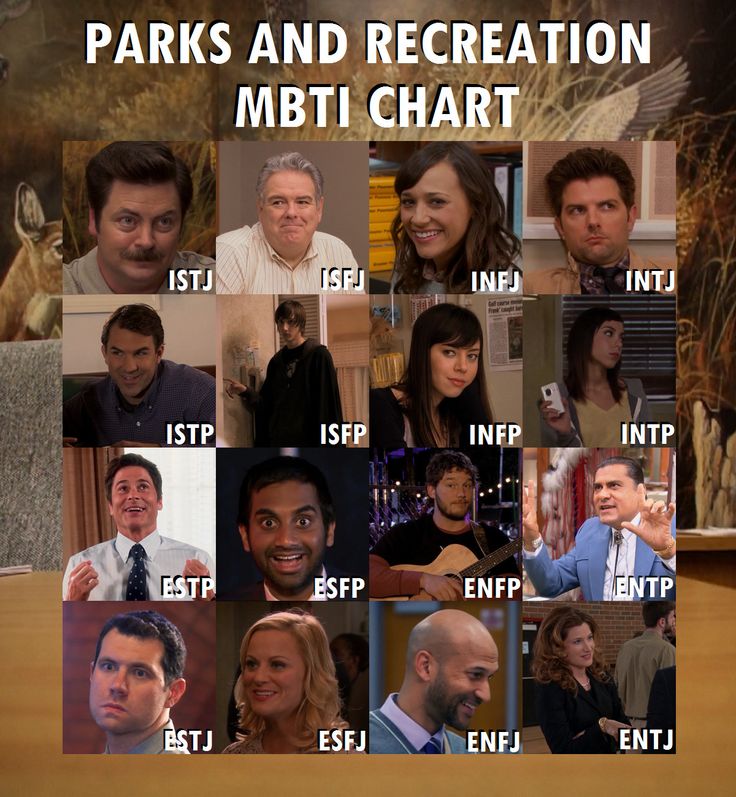
Even though they are at opposite ends of the extroversion spectrum, ENTJs and ENFJs are actually quite similar in the big scheme of things.
Share this post to help others understand ENFJ vs ENTJ differencesIf you haven’t already, be sure to check out our individual ENFJ and ENTJ posts which delve deeper into each personality type. Also, if you haven’t already, take our free personality test.
Looking for compatible ENFJ and ENTJ matches?If you’re looking for personality matches on your wavelength, you’ve come to the right place. So Syncd is a dating app that matches compatible personality types. Download So Syncd for free on Android or iOS today to start making deeper connections.
Myers-Briggs Personality Type Compatibility: What kind of people are meant for each other
Love
- Photo
- Adobe Stock
There are many ways to understand who you really are and what kind of people you will be most comfortable communicating with.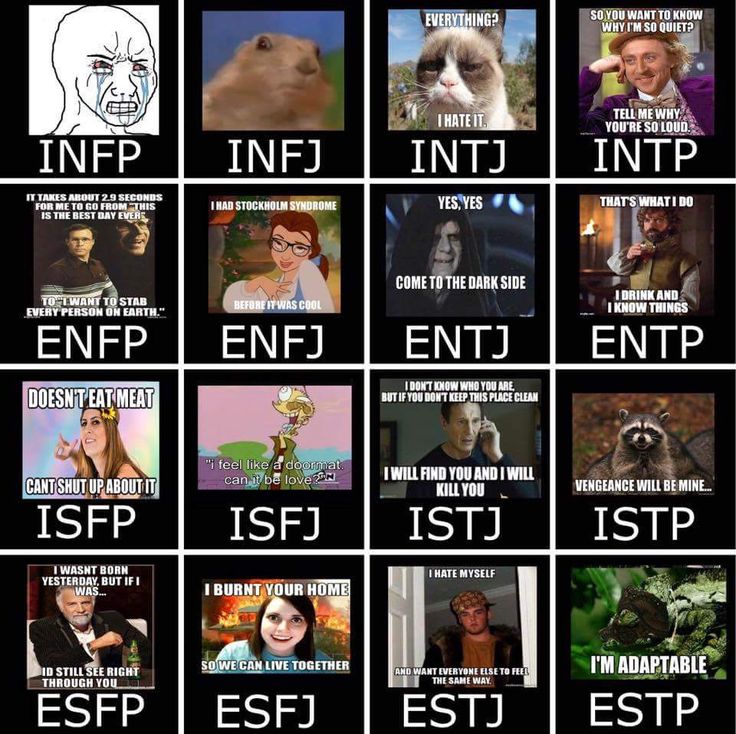 Some people trust horoscopes and compatibility of zodiac signs, others rely on socionics, others trust only psychology. Any of the ways can be working if you do not perceive it as the only truth: the truth is always in the middle.
Some people trust horoscopes and compatibility of zodiac signs, others rely on socionics, others trust only psychology. Any of the ways can be working if you do not perceive it as the only truth: the truth is always in the middle.
Among the various typologies, Myers-Briggs "characters" have recently gained popularity. This typology was developed by the writer Isabelle Briggs Myers and her mother Katerina Cooks Briggs, based on Jung's typology. Typology became especially popular in the 1940s and became a popular way in the United States and Europe to determine the professional and personal inclinations of a person.
Tests for this typology are currently included in the curriculum of many colleges, despite the fact that academic circles are wary of this classification. Psychologists and psychiatrists accept typology with many reservations and admit that it is more of a fun way to get to know yourself than a working principle worth living by.
- Photo
- Adobe Stock
What types are
We talked about different types of personality in more detail in a separate article.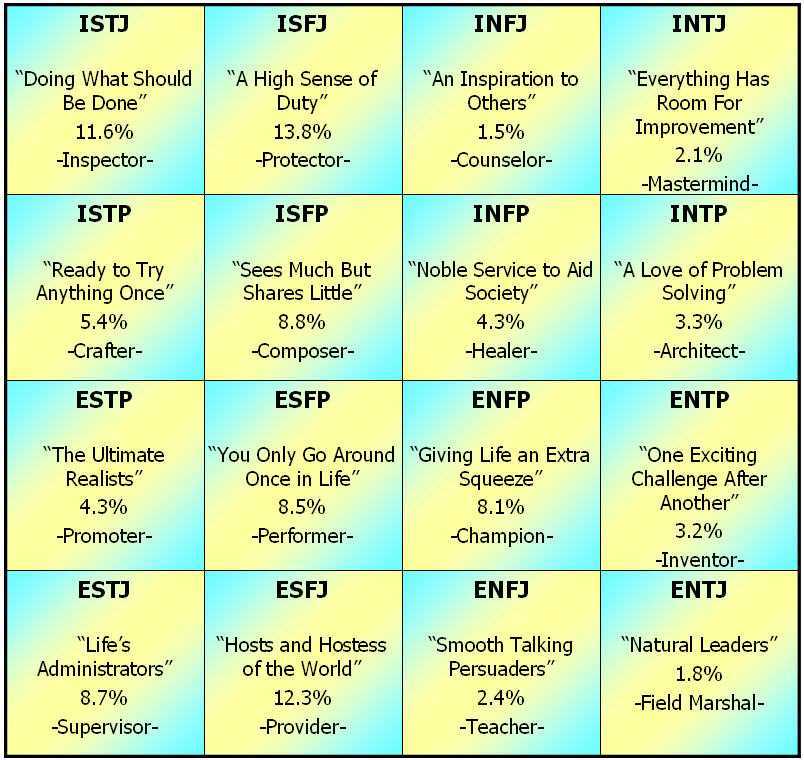 In short, all people have four parameters on the basis of which the division is made: introversion / extraversion, sensory / intuition, thinking / feeling, decisions / perception.
In short, all people have four parameters on the basis of which the division is made: introversion / extraversion, sensory / intuition, thinking / feeling, decisions / perception.
Four parameters multiplied by 4 options - you get 16 different variations. To save time, we will not describe the features of each - it's all on the Internet. Here they are:
ESTJ: Administrator
ESFJ: Teacher
ENFJ: Mentor
ENTJ: Commander
👉 To understand what type you belong to, you must pass the test - short or long -long.
What personality types converge best
The most optimal pairs are obtained from people who have two parameters that match, that is, two letters. This means that these people look at the world in the same way and perceive the surrounding reality. On the other hand, people with a complete match of characteristics will be bored together, and therefore at least 1-2 letters should be different.
ENFP
-
Description: An enthusiastic, creative and sociable mind who never gets bored.
-
Ideal couple: INFJ and INTJ
Ideal partners for this extroverted type are not the same extroverts at all. ENFP is a rather impulsive type, and therefore he needs someone down to earth and intuitive. In turn, the energy of the “fighters” will not let INFJs and INTJs get bored.
ISFJ
These people seem to be made for serious long-term relationships: they are responsible, loyal and carefully choose a life partner. Someone completely opposite, like a determined extrovert, will help you enjoy the facets of the relationship that are most dear to them - intimacy, loyalty and depth of feelings.
- Photo
- Adobe Stock
ISFP
The most spontaneous and impulsive of all 16 types is not easy to deal with. In addition, they are also introverts, and therefore all the magic and fireworks of emotions take place inside them. Extroverts will help this type to get out of his "shell", and the ability to plan ahead will save the couple from sudden decisions.
ISTJ
"Administrator" believes only what he sees with his own eyes. An ideal partner will help him focus not only on facts, but also on his feelings. At the same time, both agree that intuition takes over.
- Photo
- Adobe Stock
ISTP
"Virtuosi" do not seek to start a relationship, cherishing their freedom, but not against common adventures. They get bored easily, but they love making new friends - extroverts fully cover their need for communication. ISTPs are most compatible with ESFJs and ESTJs.
INFP
-
Description: Poetic, kind and altruistic people, always ready to help.
-
The perfect couple: ENFJ and ENTJ
"Intermediaries" feel more than they understand, and they need the same intuitions. On the other hand, ENFJs and ENTJs balance them by starting to prepare for problems in advance.
- Photo
- Adobe Stock
INTJ
Perfectionists and rather cold people in life. They need someone more open, extroverted, but also someone who also relies on intuition and can nip problems in the bud.
INTP
"Scientists" rarely open up to anyone and generally do not like it when they climb into the soul. Intuitive extroverts will know when it's best to leave this type alone and when to help make a difficult decision.
Subscribe to ELLE girl!
-
on Telegram ◽ on Viber
-
In VK ◽ in Zen
-
in VK about Korea
Tags
- Psychology
Each type MBTI has the opposite type, consisting of the same functions, consisting of the same functions, consisting of the same functions, which consists but in reverse order. This opposite type is probably the most difficult for harmonious communication. Misunderstandings and collisions can arise whenever these types collide with each other. Here's a look at the nemesis of each of the 16 MBTI types.
INFP Arch Nemesis: ESTJ Freak of authoritarian control.
For the INFP, the nature of the ESTJ's responsibility can easily interfere with the INFP's sense of individual freedom. ESTJs are by definition more determined and can be quite bossy and judgmental towards types who find it harder to make a decision. Clashes between ESTJs and INFPs will inevitably arise, mostly in the form of harsh and unfeeling criticism from the ESTJ regarding adherence to rules, attention to detail, and reliability in performing duties. The ESTJ's preference for conventions can also make them less open and less accessible to the INFP's creative vision. INFPs can all too often feel like they have to over-commit and overwork just to win the ESTJ's fleeting approval and sometimes praise.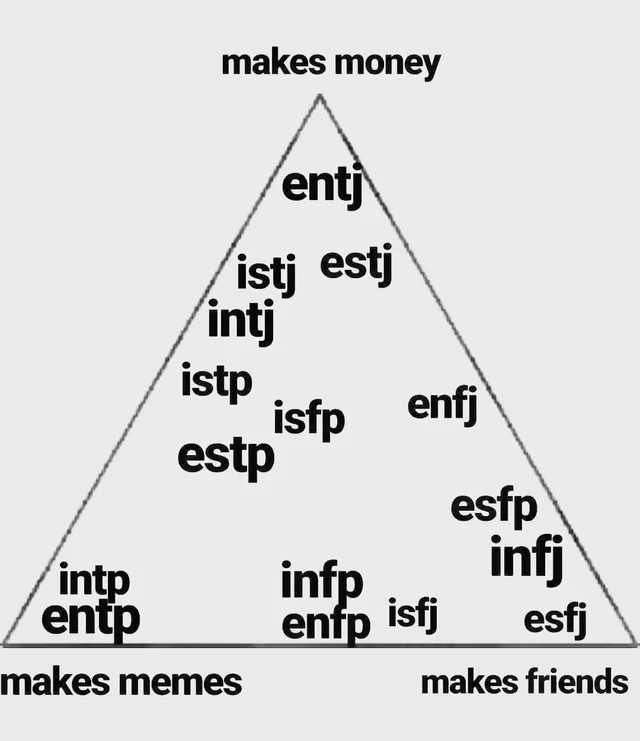
INFJ Arch Nemesis: ESTP is a cunning manipulator.
Unlike ESTP, INFJ is definitely more cautious, thoughtful and sincere. ESTPs display human skills that can often feel more like a performance than a genuine connection. ESTPs are considered more attractive and charming in their social lives than in private relationships. Loved ones can sometimes feel left out in terms of the time and energy ESTPs spend interacting with the outside world. While INFJs can be easily charmed and captivated by the charisma of ESTPs, they may sooner or later find them glib, superficial, and hard to catch. An INFJ can easily be made to feel like a pawn or a disposable piece in the ESTP puzzle. INFJs may object to how accidentally ESTPs can break promises, change plans, and manipulate expectations.
ENFP Arch Nemesis: ISTJ Cynical critic.
Unlike ISTJ, ENFP has an allergic reaction to routine and too much structure. Where ISTJs prefer to paint with numbers, ENFPs would rather fill the canvas with their own inspiration. However, the ISTJ's preference for sound and predictable structure may mean that they will be less likely to understand ENFP's creative needs. ISTJ sensitivity can easily become fatigue for ENFPs, causing them to feel stifled and oppressed. ENFP shows great openness to new ideas and innovative approaches, many of which, according to the ISTJ, may be considered too dangerous or untenable to implement. ENFPs may feel frustrated when they cannot convince an ISTJ authority figure to understand their vision, or when they have to justify themselves or their ideas against ISTJ criticism.
However, the ISTJ's preference for sound and predictable structure may mean that they will be less likely to understand ENFP's creative needs. ISTJ sensitivity can easily become fatigue for ENFPs, causing them to feel stifled and oppressed. ENFP shows great openness to new ideas and innovative approaches, many of which, according to the ISTJ, may be considered too dangerous or untenable to implement. ENFPs may feel frustrated when they cannot convince an ISTJ authority figure to understand their vision, or when they have to justify themselves or their ideas against ISTJ criticism.
ENFJ Arch Nemesis: ISTP Strong and silent type.
Communication problems are likely to be the source of much of the tension and conflict that may arise between ISTPs and ENFJs. ENFJ is one of the most communicative types, while ISTP is probably the least verbal. In addition, ISTPs are also very independent and self-reliant and self-sufficient in almost every way. They need much less human interaction and very little need to express their feelings to others.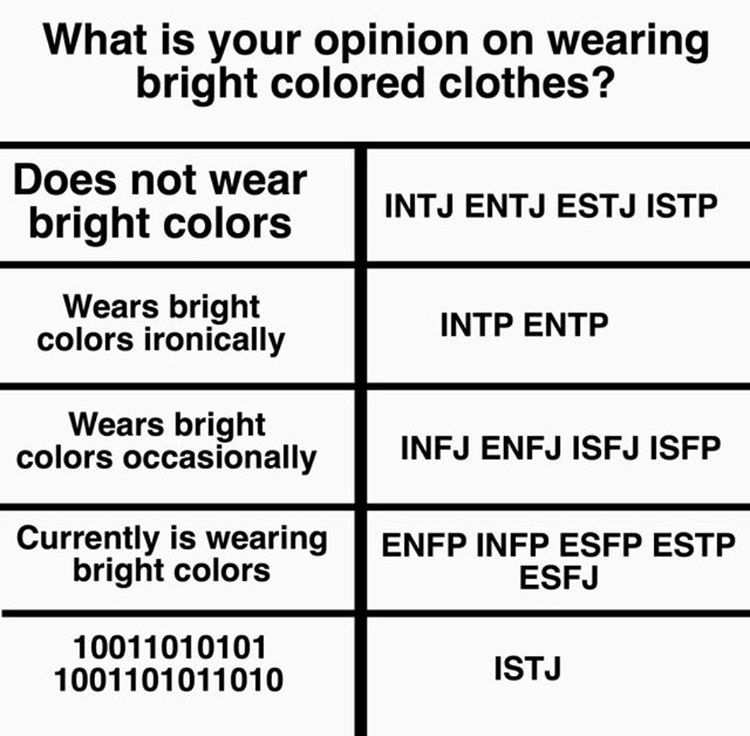 An ISTP's penchant for lone wolf can easily cause suspicion and paranoia in an ENFJ. The ENFJ seeks regular human contact, emotional connection, and comfort. ENFJs easily perceive ISTP behavior as selfish and antisocial. ENFJs promote a sense of interdependence, community, and accountability to others that is often overlooked by ISTPs as not very important.
An ISTP's penchant for lone wolf can easily cause suspicion and paranoia in an ENFJ. The ENFJ seeks regular human contact, emotional connection, and comfort. ENFJs easily perceive ISTP behavior as selfish and antisocial. ENFJs promote a sense of interdependence, community, and accountability to others that is often overlooked by ISTPs as not very important.
INTP Archenemy: ESFJ The Controlling Caregiver.
The community-oriented ESFJ is the opposite of the staunchly independent INTP. INTPs tend to be highly autonomous, especially since interacting with people and interacting can be very uncomfortable for them. ESFJs, on the other hand, tend to rely more on others and involve people in what they do. Although INTPs may appreciate the inclusivity that ESFJs promote, INTPs may often view ESFJs as annoying, needy, and intrusive. ESFJs can sometimes act as if they know what is best for others, which can annoy the INTP, who is usually not interested in letting other people think for them or dictate what they should or shouldn't do.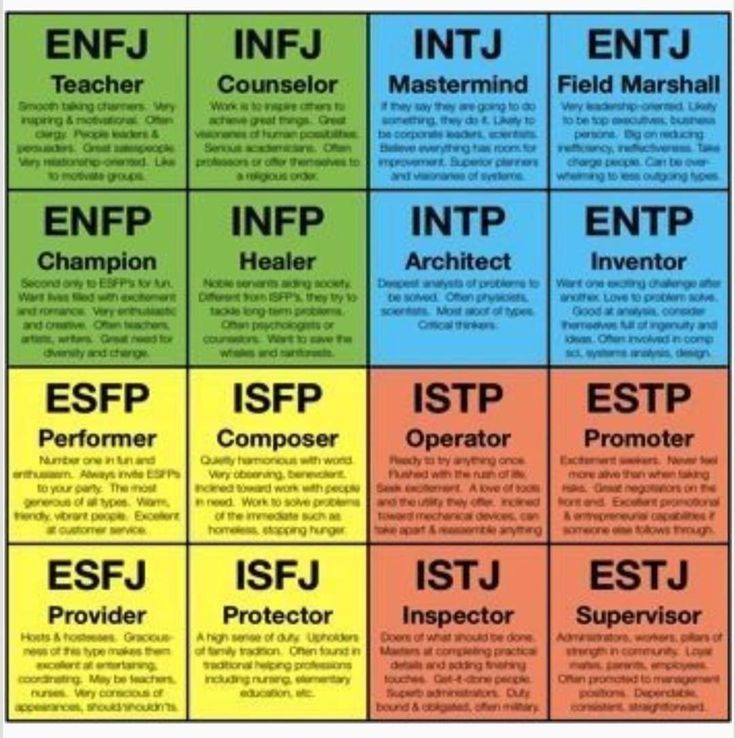 Arguments and conflicts can arise where the INTP's emphasis on logic and reason conflicts with the ESFJ's interpersonal values.
Arguments and conflicts can arise where the INTP's emphasis on logic and reason conflicts with the ESFJ's interpersonal values.
INTJ Arch Nemesis: ESFP A hedonist seeking attention.
ESFP is the Joker for Batman INTJ. INTJs are very personal, calculating, and reserved, while ESFPs are more emotional, impulsive, and materialistic. ESFPs show a lust for life that INTJs simply don't share. Their appetite for physical stimuli and varied experiences is likely to tire them out. INTJs who prefer to spend most of their time doing mental activities such as reading, writing and planning. INTJs prefer to engage in what they see as constructive use of their time and are much less interested in mindless thrill seeking. Most of the ESFP agenda is one that the INTJ may view as unfulfilled, without purpose or content. The tolerance for chaos and spontaneity that ESFPs exhibit can easily become problematic for INTJs who rely heavily on solid plans or action plans for whatever they pursue.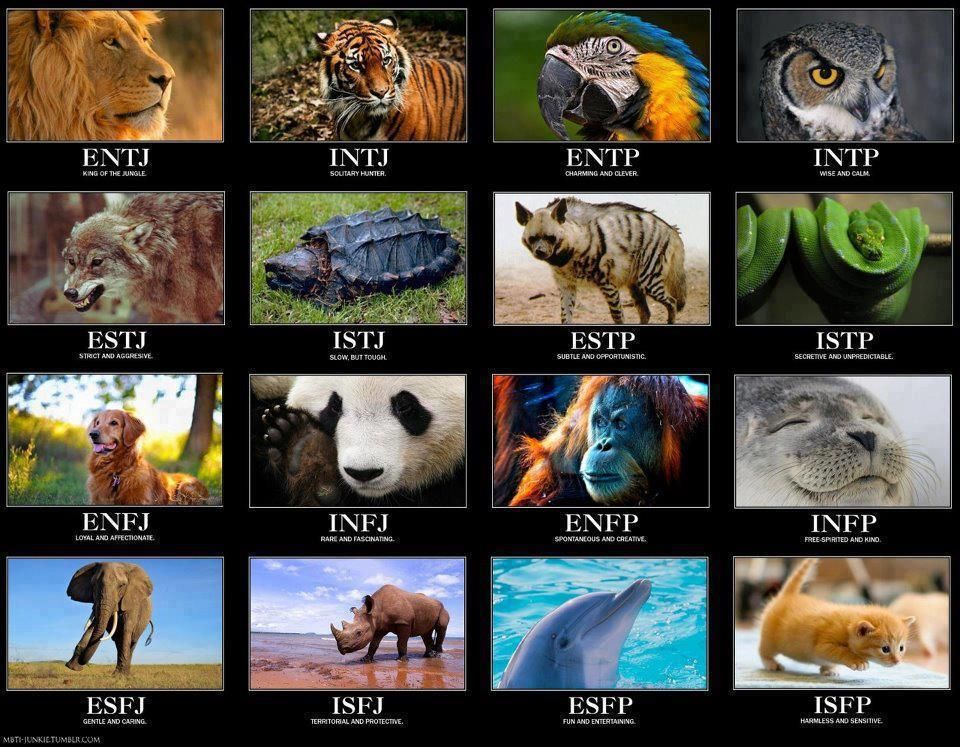
ENTP Arch Nemesis: ISFJ Intelligent assassin.
ENTPs will likely find the ISFJ to be good and pleasant company, but may find that they are not always interested in the whimsical speculations and hypotheses that ENTPs offer, sometimes just to get a reaction. ISFJs may even get a little offended by their statements. ISFJs can be amused by ENTP's creativity, but can often feel the need to poke holes in ENTP's lofty and sometimes crazy ideas with cautious realism and conservative disbelief. It can be difficult for ENTPs to impress ISFJs and get them to engage in intellectually savory discussions rather than the more mundane topics that an ISFJ is more likely to talk about. The ENTP may find that the ISFJ will talk too often about things they are not interested in and that the ISFJ does not or simply cannot offer much in terms of intellectually stimulating dialogue.
ENTJ Archenemy: ISFP Obscure materialist.
Compared to the ENTJ, the ISFP's personality seems relatively calm and calm.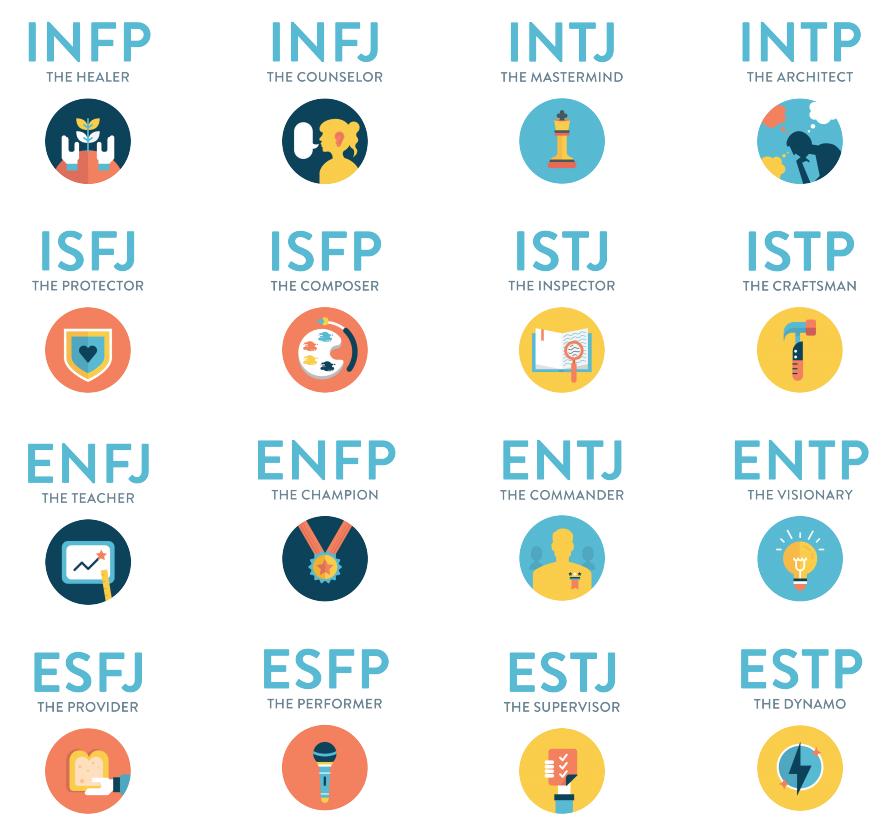 ENTJs tend to perceive the laid-back attitude of ISFPs as a sign of frivolity and fatigue. Purposeful and ambitious ENTJs can easily underestimate the occasional ISFP in the same way that the proverbial hare underestimated the tortoise. Although ISFPs do not plan and plan their path to success to the extent that ENTJs do, ISFPs can often succeed simply by being in the right place at the right time and taking advantage of the moments and opportunities that are presented to them. ENTJs who try to lead ISFPs may find that they are not as receptive or submissive as they seem. ENTJs can often view ISFPs as something of a passive sybarite with no real or meaningful plan or sense of direction.
ENTJs tend to perceive the laid-back attitude of ISFPs as a sign of frivolity and fatigue. Purposeful and ambitious ENTJs can easily underestimate the occasional ISFP in the same way that the proverbial hare underestimated the tortoise. Although ISFPs do not plan and plan their path to success to the extent that ENTJs do, ISFPs can often succeed simply by being in the right place at the right time and taking advantage of the moments and opportunities that are presented to them. ENTJs who try to lead ISFPs may find that they are not as receptive or submissive as they seem. ENTJs can often view ISFPs as something of a passive sybarite with no real or meaningful plan or sense of direction.
ISTJ Arch Nemesis: ENFP is a self-healing hippie
To the ISTJ, ENFP may seem like a self-indulgent hipster. ENFPs tend to emphasize their individualism and uniqueness in contrast to normal people. Even though they are introverts, ISTJs are likely to find this snowy attitude vain and despicable.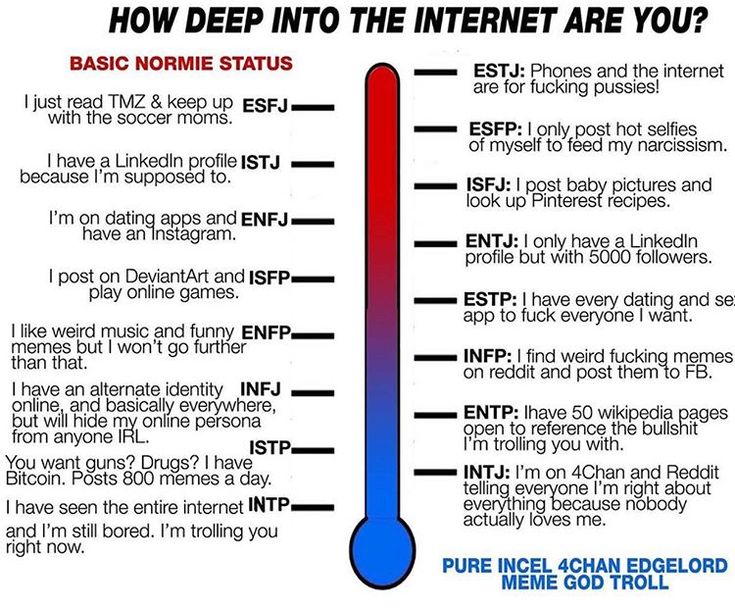 Moreover, ISTJs often perceive ENFPs as people who seek attention and tend to be different from each other for the sake of being different from others. ISTJs are content with following established standards and methods, while ENFPs tend to leave their creative imprint or spin on things. ENFP deviations from the norm can be perceived by iSTJs as a sign of arrogance and that they consider themselves too good for the standards and systems that everyone else owes.
Moreover, ISTJs often perceive ENFPs as people who seek attention and tend to be different from each other for the sake of being different from others. ISTJs are content with following established standards and methods, while ENFPs tend to leave their creative imprint or spin on things. ENFP deviations from the norm can be perceived by iSTJs as a sign of arrogance and that they consider themselves too good for the standards and systems that everyone else owes.
ESTJ Arch Nemesis: INFP The Weirdo Snowflake
Why do you spend so much time alone? Think you're the best or something like that? This is how an ESTJ should feel about INFPs and their introverted tendencies. ESTJs can often perceive INFPs as unadapted to their highly structured and conventional sensibilities. ESTJs can have great difficulty understanding INFPs, and even more difficult to get them to live up to their expectations. To them, INFPs may seem like complete eccentrics and can't understand why they don't behave more normally.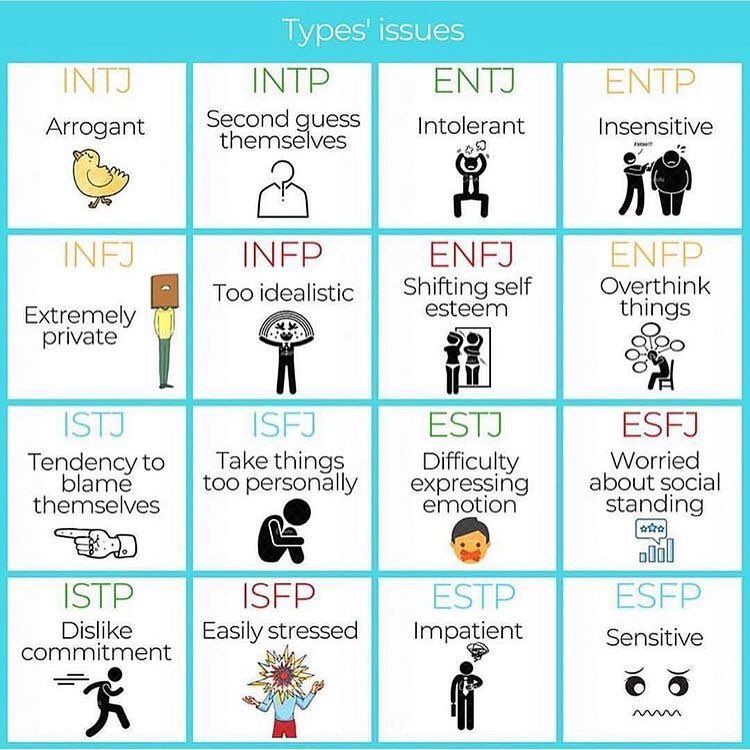 ESTJs care a lot about things like cleanliness and image, but INFPs seem to care more about doing what feels right to them, despite what other people think.
ESTJs care a lot about things like cleanliness and image, but INFPs seem to care more about doing what feels right to them, despite what other people think.
ISFJ Arch Nemesis: ENTP Nasty.
Even on the simplest issues, ENTPs seem to be able to turn just about anything into a topic of discussion. The practical sensitivity of the ISFJ can easily bore ENTPs with trolling and smooth and sometimes insensitive remarks. ENTPs have an answer for everything, and ISFJs may find it tedious trying to figure out if an ENTP is serious or not. Moreover, the ISFJ may feel they must pick up the slack for the ENTP, who can often neglect or shirk their responsibilities. According to the ISFJ, it may seem that the ENTP spends too much time being a philosopher and not enough time solving real life problems. The ISFJ can sometimes feel overwhelmed by the ENTP's condescending sarcasm and smartpants remarks.
ESFJ Arch Nemesis: INTP Judicial Loner
ESFJs often find that INTPs are not very open to their official intentions.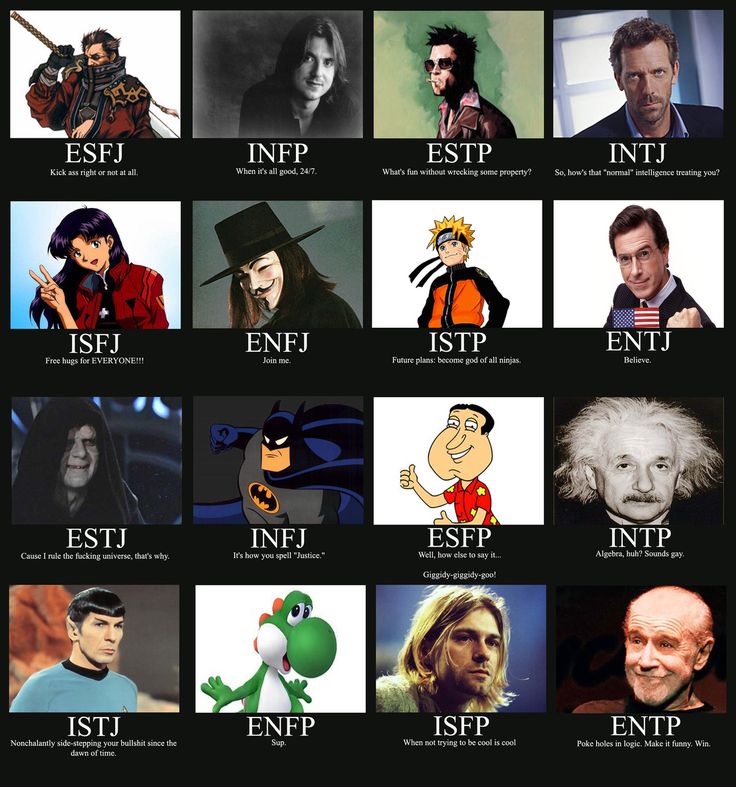 INTPs do not like to be drawn into most of the events and gatherings that the EFSJ tends to organize or participate in. Although INTPs are usually polite, their preference for doing things on their own can make ESFJs unnecessary. Moreover, ESFJs can sometimes feel stupid with iNTPs, or at least feel that INTPs perceive them as such. INTPs do not tend to conform to the ESFJ's social values. The ESFJ will likely find the INTP to be too grumpy and unwilling to get along. Arguments inevitably arise when both parties can only agree to disagree.
INTPs do not like to be drawn into most of the events and gatherings that the EFSJ tends to organize or participate in. Although INTPs are usually polite, their preference for doing things on their own can make ESFJs unnecessary. Moreover, ESFJs can sometimes feel stupid with iNTPs, or at least feel that INTPs perceive them as such. INTPs do not tend to conform to the ESFJ's social values. The ESFJ will likely find the INTP to be too grumpy and unwilling to get along. Arguments inevitably arise when both parties can only agree to disagree.
ISTP Arch Nemesis: ENFJ Virtue Signaler
ISTP is usually an object-oriented type, not particularly interested in moral philosophizing and such. Ethics and social values are rather foreign topics, and they can only superficially assess them. Unlike ENFJs, ISTPs don't care much about projecting a sacred image into the world. ISTPs can even brazenly show how little they care what people think of them personally. If anything, ISTPs are more proud of their craftsmanship and skills, and that's what they tend to want most of their recognition for.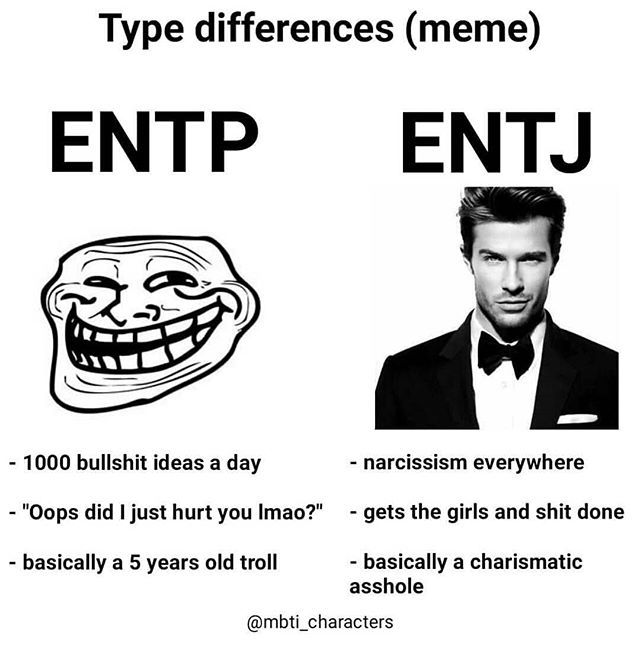 To ISTPs, ENFJs can seem like insincere manipulators who are busy trying to manipulate other people's perceptions rather than just being themselves.
To ISTPs, ENFJs can seem like insincere manipulators who are busy trying to manipulate other people's perceptions rather than just being themselves.
ISFP Arch Nemesis: ENTJ Task Master
ISFPs are casual and laid-back compared to ENTJs. ISFPs love to enjoy life and the moment, and they don't constantly think about the future and plan their next steps like ENTJs do. ISFPs may find that the ENTJ's tendency to maintain a constant state of progress is tiresome and possibly pointless. ISFPs may feel that ENTJs may be missing out on some of the finest things life has to offer in the midst of all their hustle and bustle in order to reach their goals and climb higher up the ladder of success. Moreover, ENTJs are good at taking charge and ISFPs are somewhat resistant to being a pawn in someone else's scheme.
ESTP Arch Nemesis: INFJ Empath
The ESTP may find that the INFJ often questions the morals of the ESTP's actions or intentions. ESTPs may feel that INFJs are confusing and slowing them down with their caution and make ESTPs think more about the consequences and risks and how it might affect other people.